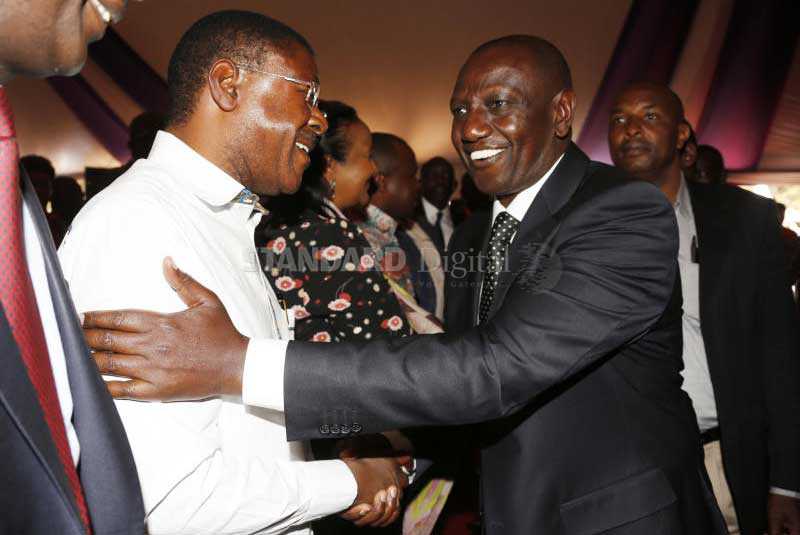×
The Standard e-Paper
Fearless, Trusted News

The sudden metamorphosis of Deputy President William Ruto into a moderate politician with zero appetite for hard-tackles has confounded friend and foe as succession politics takes shape.
From an abrasive politician with an acerbic tongue to a mild and gentle soul, the DP’s withdrawal of punches against NASA leader Raila Odinga has sent tongues wagging.